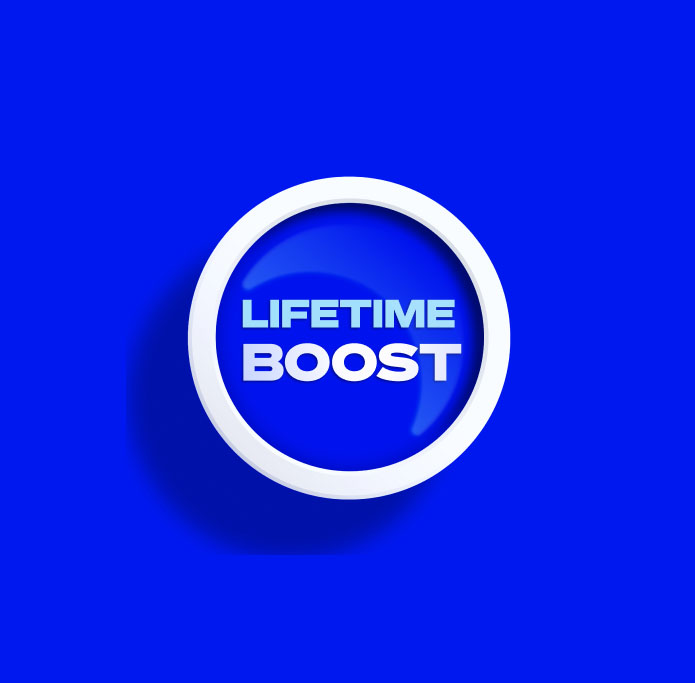The tax treatment applying to payments from your super under early release provisions depend on the payment type, your age and the tax components of your payment. We’ve included some general information below, but it’s important you discuss your circumstances with your financial adviser or tax adviser.
If you’re age 60 or over, withdrawals from your account are generally tax free.
If you are under age 60, your payment will generally be taxed as shown in the table below.
| Age |
Taxable component (taxed element) |
Tax-free component |
| Under preservation age |
20% plus Medicare Levy |
Nil |
| Preservation age to age 59 |
Amount up to the low rate cap*: Nil
Amount above the low rate cap*: 15% plus Medicare Levy |
Nil |
*$210,000 for 2019/20 and $215,000 for 2020/21. This amount is indexed to Average Weekly Ordinary Time Earnings (AWOTE) and rounded down to the nearest $5,000 each year. For current cap information, refer to ato.gov.au.
If you’re under age 60 and we don’t hold a valid TFN for you, we’re required to deduct tax on the taxable component of a lump-sum benefit paid to you at the highest marginal tax rate plus the Medicare levy.
If you receive a payment from your super because you’re suffering from a terminal medical condition, no tax is payable.
If you receive a lump-sum payment from your super because you’re permanently incapacitated, the tax-free component may be increased in accordance with tax law, reducing the overall tax you are required to pay.
If you receive a payment because you’re affected by coronavirus, the payment is tax-free.
For more information about the tax treatment of payments from super refer to ato.gov.au.







